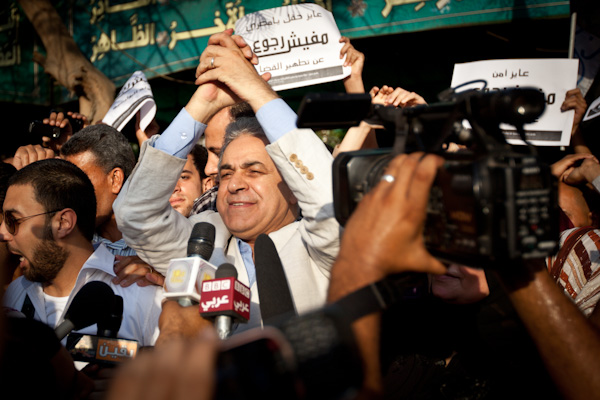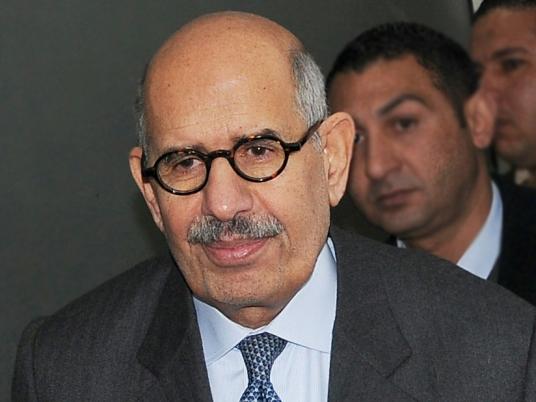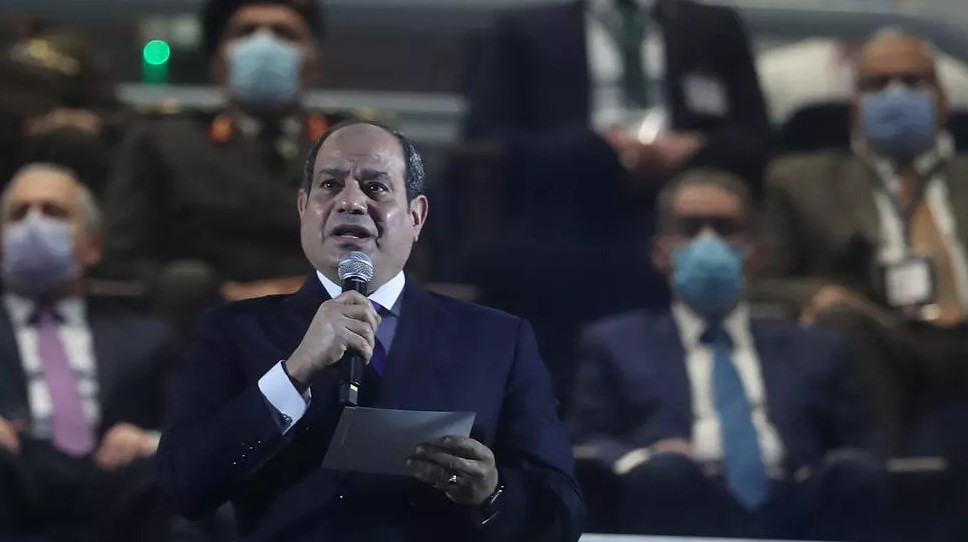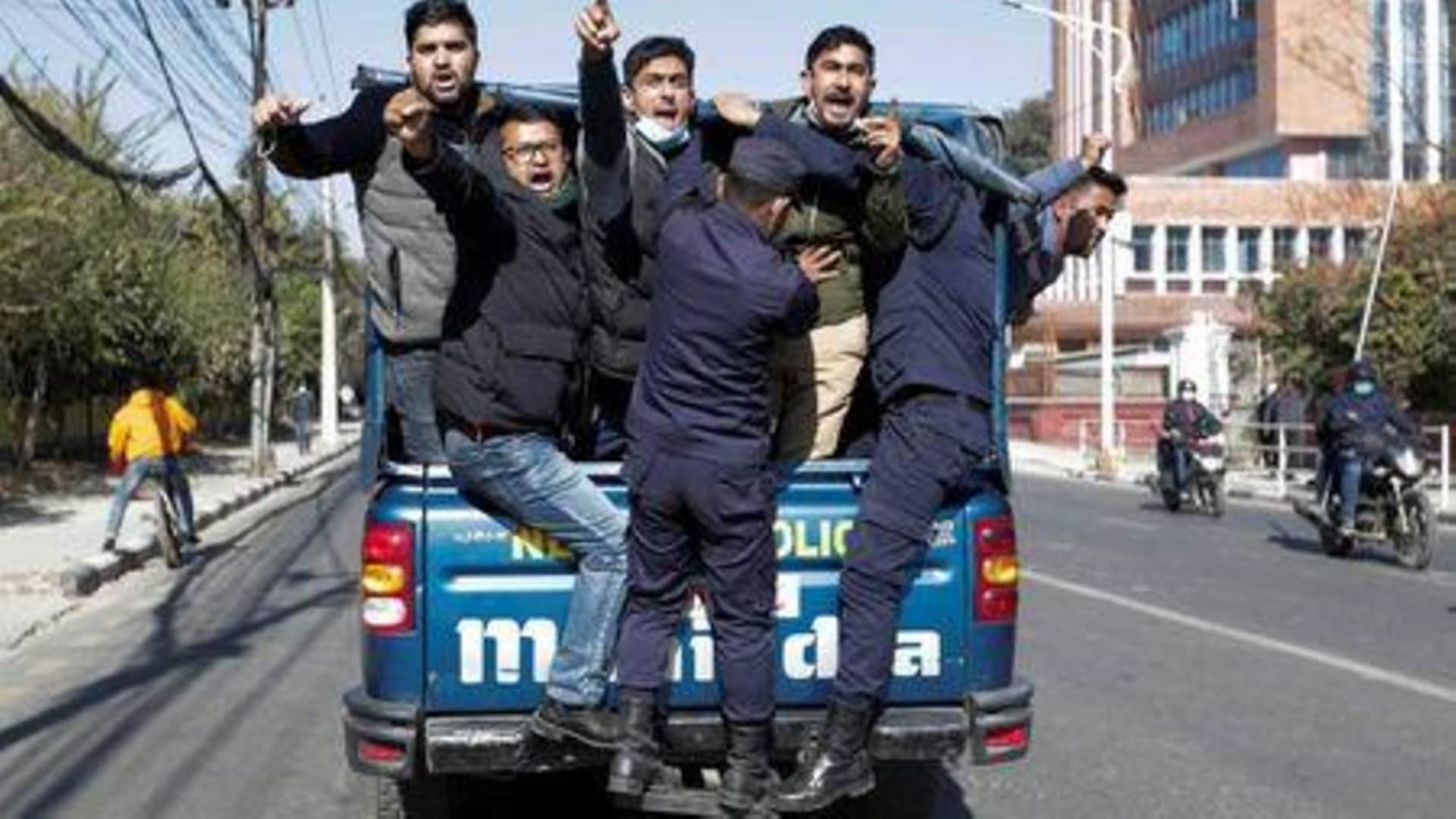
Former presidential candidate Hamdeen Sabbahi has said he is working to form a large, organized political group that might include his Karama Party and Mohamed ElBaradei’s Constitution Party.
He said the new president, whose name is scheduled to be announced Thursday, would take office temporarily and that the fate of the president would be determined by the new constitution.
If the constitution does not clearly stipulate that the coming president would keep his seat until the end of his term, a new president would probably be elected after the constitution is written and parliamentary elections are held, Sabbahi said.
During a meeting late Monday with the Carter Center, which has been observing the presidential polls, Sabbahi said the results of the first round of the election had imposed on Egyptians choices that do not reflect the 25 January revolution.
The runoff pitted former Prime Minister Ahmed Shafiq against the Muslim Brotherhood’s candidate, Mohamed Morsy.
Egyptians have been obliged to choose between Shafiq, who represents the regime, and Morsy, who represents the Brotherhood. Sabbahi said that though the Brotherhood participated in the revolution, it worked to seize power from other political partners.
Sabbahi said the next president will be weakened by the supplement to the Constitutional Declaration issued by the ruling military council late Sunday. Sabbahi voiced his objection to the addendum.
US Senator Jason Carter, former Yemeni Prime Minister Abdel Karim al-Eriani, former Jordanian Foreign Minister and Carnegie Endowment for International Peace Deputy Director Marwan Muashar, and others attended the Carter Center meeting.
Sabbahi said revolutionary groups have to unite in organized, popular action to prepare for the next parliamentary elections.
The Nasserist former candidate dismissed suggestions that political groups are standing by the side of the Supreme Council of the Armed Forces. He said those groups oppose SCAF and the Muslim Brotherhood equally.
Sabbahi said the Brotherhood’s political greediness frustrated secular groups that had hoped to engage with the group as a revolutionary partner. He said those groups might occasionally see SCAF decisions as serving common political goals, giving as evidence the current moves to draft the country’s new constitution before electing the new president.
He predicted that the recently announced Constituent Assembly formation might be annulled by a court verdict, noting that discussions are taking place for a consensus formation.
He said that despite concerns aroused by Article 60 of the supplement to the Constitutional Declaration, the article guarantees the country’s civilian identity in the future.
Edited translation from MENA




